What does it mean, to be gathered together in the name of Jesus? What does this objectively look like and how can we achieve it today? It is a question worth pursuing because the result is rather incredible – Jesus will be among us. What more important goal could we have at any given moment of our life than to be in the presence of Jesus? These thoughts run parallel with those of Chiara Lubich, the founder of the Focolare Movement, one of the ecclesial movements of the Church.
During World War II, Chiara was just beginning to understand the importance of this statement of Jesus. In the crucible of war and the terror of not knowing whether her city would survive the night, she began to live her life in a radical new way. Each day, each moment, was an opportunity to love the person next to her. She understood that God is Love and He is found in each person. Therefore, by loving the person in front of her with her whole heart, she was also drawing close to God and loving God who was within that other person.
As she began to live in this manner, other young girls, most only in their 20s, were drawn to her way of life. They threw themselves into this budding spirituality and slowly understood that loving everyone without distinction brought about a greater unity among all.
They also strove to love one another with this same intensity. Here is where today’s Gospel passage comes in: “For where two or three are gathered together in my name, there am I in the midst of them.” In one of Chiara’s talks she shares about the first instances of discovering Jesus in the midst of her early companions: “I discovered him because he was there. In the sense that…by loving one another, we had fulfilled the requirements for him to be present among us. He enlightened us; he made us understand the Gospel…He is the one who revealed himself; we didn’t discover him. We understood that he was in our midst when we were united in his name, because when he was there, we felt joy…everything had meaning.”
Chiara and her early companions strove to keep Jesus in their midst throughout their days, even when they could not be in the same place. They held the desire to be one with one another in unity, meaning to love one another with the same intensity that Jesus loves each one of us. This unity flowered with Jesus, present in their midst. Then, they could go about their work together in this new, heightened way, because they were not alone. Jesus was also with them. May we all be inspired by them to live in unity as we love one another as Jesus loves us.
¿Qué significa estar reunidos en el nombre de Jesús? ¿Cómo se ve esto objetivamente y cómo podemos lograrlo hoy en día? Es una pregunta que vale la pena plantearse porque el resultado es realmente asombroso: Jesús estará en medio de nosotros. ¿Qué meta más importante podríamos tener en cualquier momento de nuestra vida que estar en la presencia de Jesús? Estas reflexiones coinciden con las de Chiara Lubich, fundadora del Movimiento de los Focolares, uno de los movimientos eclesiales de la Iglesia.
Durante la Segunda Guerra Mundial, Chiara apenas comenzaba a comprender la importancia de esta afirmación de Jesús. En el crisol de la guerra y el terror de no saber si su ciudad sobreviviría a la noche, comenzó a vivir su vida de una manera radicalmente nueva. Cada día, cada momento, era una oportunidad para amar a la persona que tenía a su lado. Comprendió que Dios es Amor y se encuentra en cada persona. Por lo tanto, al amar a la persona que tenía delante con todo su corazón, también se acercaba a Dios y amaba al Dios que estaba dentro de esa persona.
Al comenzar a vivir de esta manera, otras jóvenes, la mayoría de tan solo unos veinte años, se sintieron atraídas por su estilo de vida. Se sumergieron en esta espiritualidad incipiente y poco a poco comprendieron que amar a todos sin distinción generaba una mayor unidad entre todos.
También se esforzaron por amarse unas a otras con la misma intensidad. Aquí es donde entra en juego el pasaje del Evangelio de hoy: “pues donde dos o tres se reúnen en mi nombre, allí estoy yo en medio de ellos”. En una de sus charlas, Chiara comparte sobre los primeros momentos en que descubrió a Jesús entre sus primeras compañeras: “Lo descubrí porque él estaba allí. En el sentido de que… al amarnos, cumplíamos los requisitos para que él estuviera presente entre nosotras. Él nos iluminó; nos hizo comprender el Evangelio… Él es quien se reveló; nosotras no lo descubrimos. Comprendimos que Él estaba en medio de nosotras cuando nos unimos en su nombre, porque cuando Él estaba allí, sentíamos alegría… todo tenía un significado».
Chiara y sus primeras compañeras se esforzaron por mantener a Jesús presente a lo largo de su vida, incluso cuando no podían estar juntos en el mismo lugar. Anhelaban ser uno con el otro en la unidad, es decir, amarse con la misma intensidad con la que Jesús nos ama a cada uno. Esta unidad floreció con Jesús presente en medio de ellas. Entonces, pudieron trabajar juntas de esta manera nueva y más intensa, porque no estaban solas. Jesús también estaba con ellas. Que todas nos inspiremos en ellas para vivir en unidad amándonos como Jesús nos ama.
 Kate Taliaferro is an Air Force wife and mother. She is blessed to be able to homeschool, bake bread and fold endless piles of laundry. When not planning a school day, writing a blog post or cooking pasta, Kate can be found curled up with a book or working with some kind of fiber craft. Kate blogs at DailyGraces.net.
Kate Taliaferro is an Air Force wife and mother. She is blessed to be able to homeschool, bake bread and fold endless piles of laundry. When not planning a school day, writing a blog post or cooking pasta, Kate can be found curled up with a book or working with some kind of fiber craft. Kate blogs at DailyGraces.net.
Feature Image Credit: Andrea Piacquadio, pexels.com/photo/basketball-team-stacking-hands-together-3755440/
The views and opinions expressed in the Inspiration Daily blog are solely those of the original authors and contributors. These views and opinions do not necessarily represent those of Diocesan, the Diocesan staff, or other contributors to this blog.

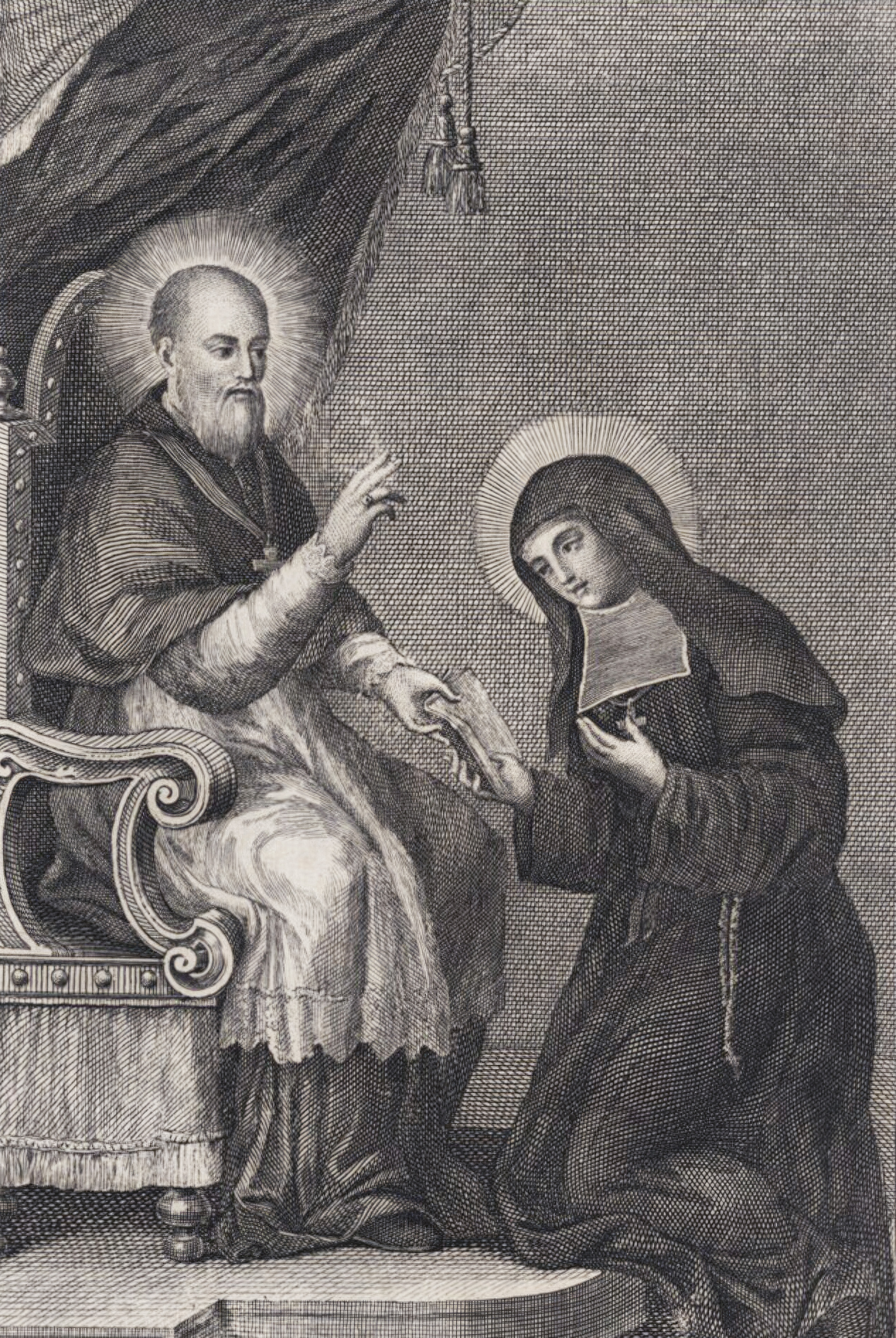



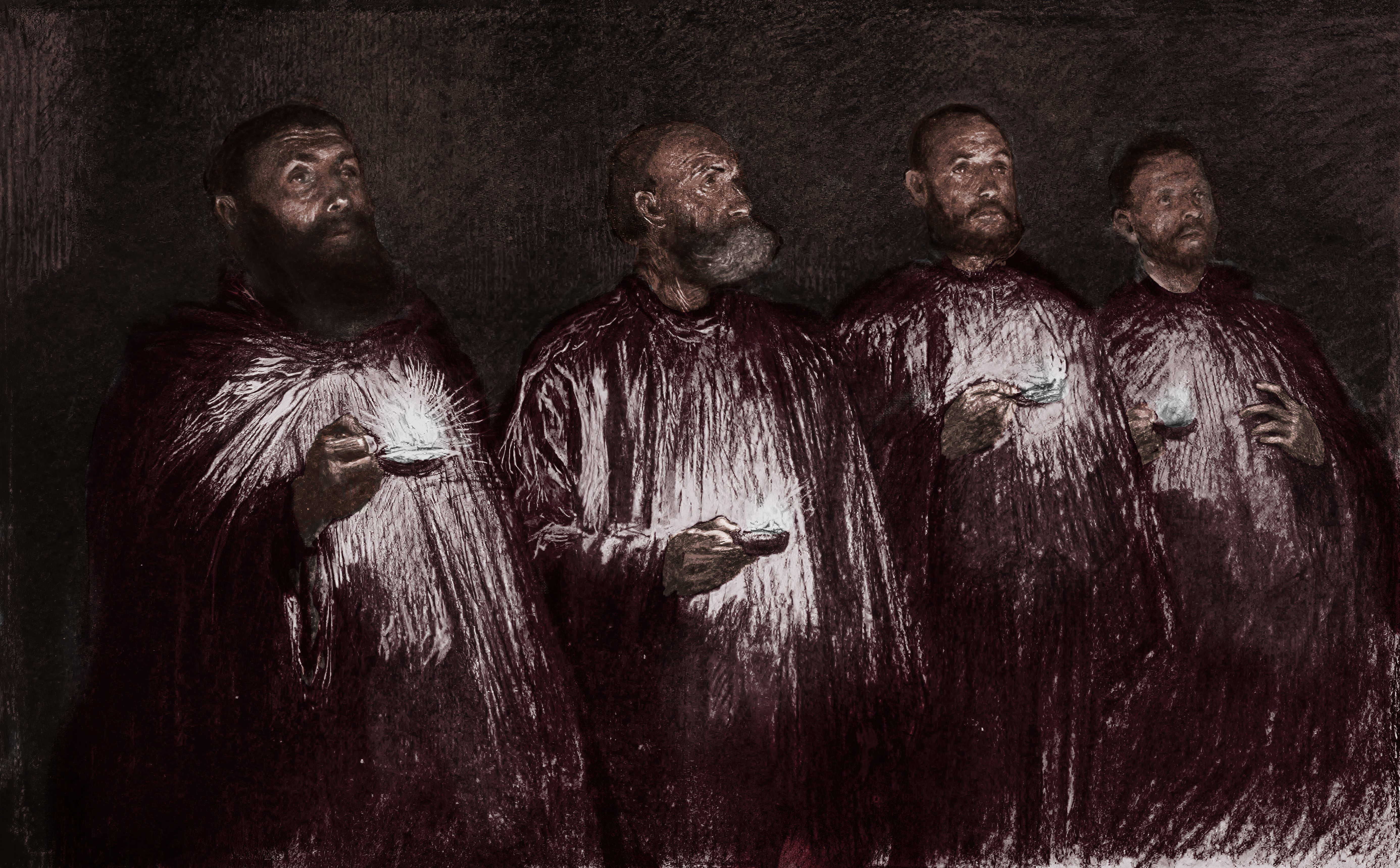
 Pamela Kavanaugh is a grateful wife, mother, and grandmother who has dedicated her professional life to Catholic education. Though she has done her very best to teach her students well in the subjects of language and religion, she knows that she has learned more than she has taught. She lives, teaches, and writes in southwest suburban Chicago.
Pamela Kavanaugh is a grateful wife, mother, and grandmother who has dedicated her professional life to Catholic education. Though she has done her very best to teach her students well in the subjects of language and religion, she knows that she has learned more than she has taught. She lives, teaches, and writes in southwest suburban Chicago.
 Nicole Berlucchi is a faith and family blogger (
Nicole Berlucchi is a faith and family blogger (
 Allison Gingras (
Allison Gingras (
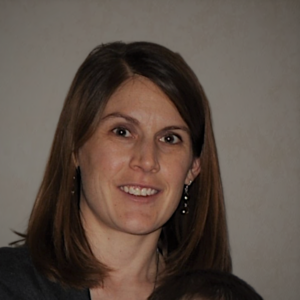 Kimberly Andrich writes from the perspective of having a hidden, chronic illness and experiencing a deep, continuous conversion through being yoked to Jesus in the day-to-day trials and joys of life. She is a wife, mother of 5, and daughter of the King. Kimberly also writes for
Kimberly Andrich writes from the perspective of having a hidden, chronic illness and experiencing a deep, continuous conversion through being yoked to Jesus in the day-to-day trials and joys of life. She is a wife, mother of 5, and daughter of the King. Kimberly also writes for 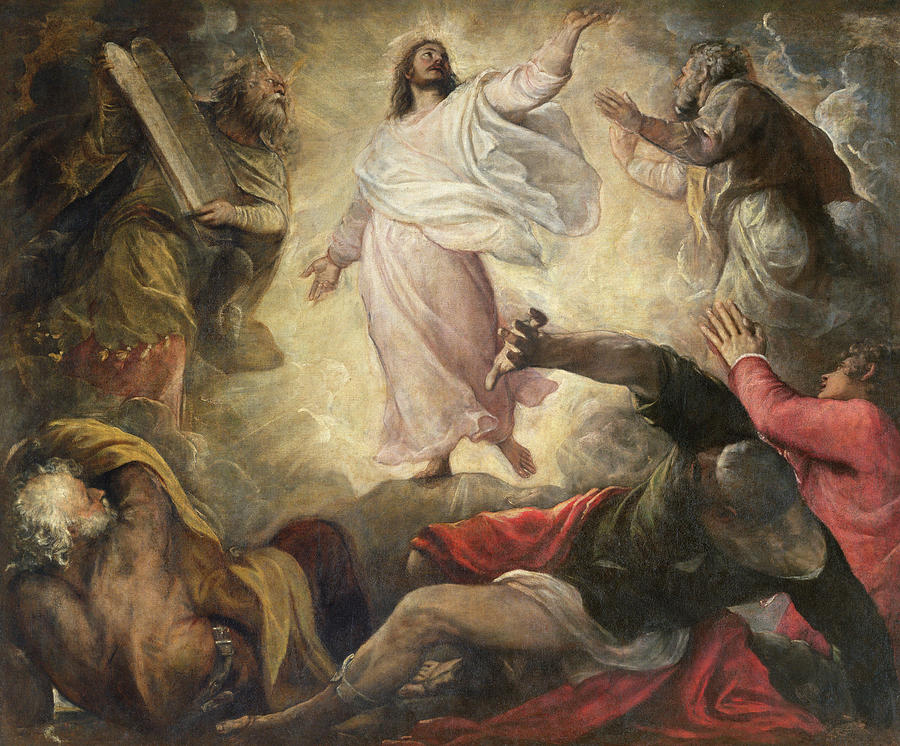


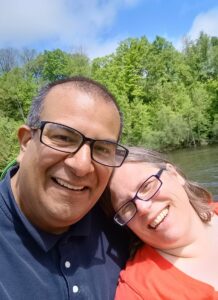 Felix Urcia was born in Lima, Peru. He moved the U.S. to complete his college degree in Computer Science at Northern Kentucky University. He is passionate about his faith, his family, education and soccer. When he is not homeschooling and caring for his young children he enjoys personal programing projects and sports analysis. He and wife live in a small town in Western Michigan where they enjoy spending time with their five children.
Felix Urcia was born in Lima, Peru. He moved the U.S. to complete his college degree in Computer Science at Northern Kentucky University. He is passionate about his faith, his family, education and soccer. When he is not homeschooling and caring for his young children he enjoys personal programing projects and sports analysis. He and wife live in a small town in Western Michigan where they enjoy spending time with their five children.

 Kathryn Mulderink, MA, is married to Robert, Station Manager for Holy Family Radio. Together they have seven children (including Father Rob), and eleven grandchildren. She is President of the local community of Secular Discalced Carmelites and has published five books and many articles. Over the last 30 years, she has worked as a teacher, headmistress, catechist, Pastoral Associate, and DRE, and as a writer and voice talent for Catholic Radio. Currently, she serves the Church by writing and speaking, and by collaborating with various parishes and to lead others to encounter Christ and engage their faith. Her website is
Kathryn Mulderink, MA, is married to Robert, Station Manager for Holy Family Radio. Together they have seven children (including Father Rob), and eleven grandchildren. She is President of the local community of Secular Discalced Carmelites and has published five books and many articles. Over the last 30 years, she has worked as a teacher, headmistress, catechist, Pastoral Associate, and DRE, and as a writer and voice talent for Catholic Radio. Currently, she serves the Church by writing and speaking, and by collaborating with various parishes and to lead others to encounter Christ and engage their faith. Her website is 
 Tami Urcia is a midwestern gal from a large Catholic family. As a young adulthood she was a missionary in Mexico, where she studied theology and philosophy. After returning stateside bilingual, she gained a variety of work experience, traveled extensively and finished her Bachelor’s Degree at Brescia University. She loves organizing and simplifying things, watching her children play sports, deep conversations with close family and friends and finding unique ways to brighten others’ day with Christ’s love. She works full time at Diocesan in the Software Department and manages the Inspiration Daily reflections. She is also a contributing writer on
Tami Urcia is a midwestern gal from a large Catholic family. As a young adulthood she was a missionary in Mexico, where she studied theology and philosophy. After returning stateside bilingual, she gained a variety of work experience, traveled extensively and finished her Bachelor’s Degree at Brescia University. She loves organizing and simplifying things, watching her children play sports, deep conversations with close family and friends and finding unique ways to brighten others’ day with Christ’s love. She works full time at Diocesan in the Software Department and manages the Inspiration Daily reflections. She is also a contributing writer on 